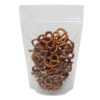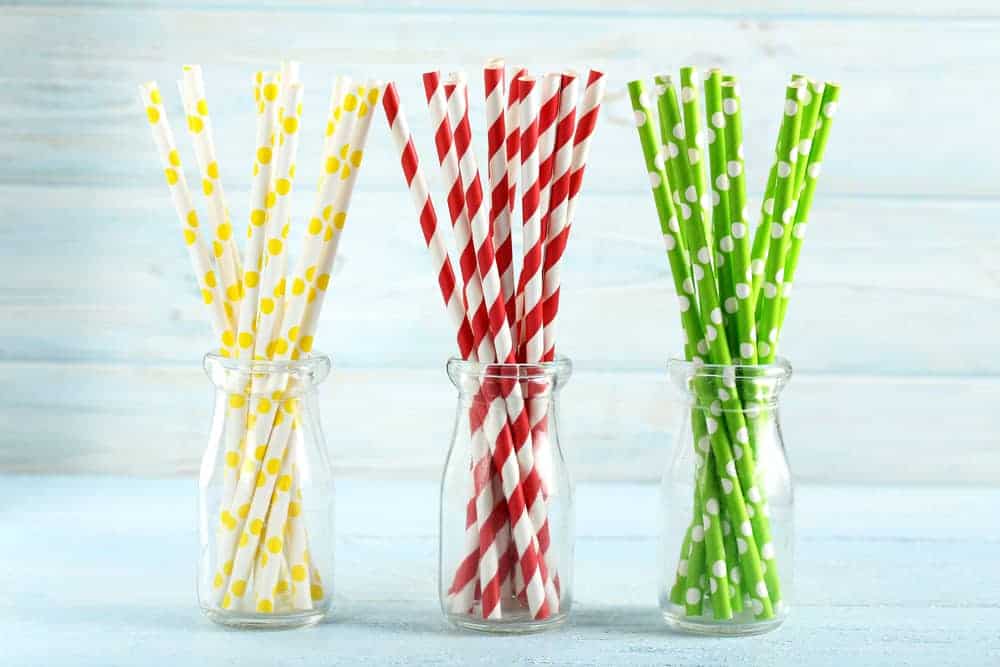Blog
Will the Plastic Straw Ban Save Our Environment?
It seems like the whole world is going crazy in search of new ways to try and curb pollution and promote greener living. The newest craze is the plastic straw, and social media is fueling the fire.
A recent viral video showed a sea turtle with a straw stuck in its nose and now individuals, legislators, and companies are rooting for the ban. However, the whole point of disposable plastic straws was to aid the disabled in overcoming their barriers. This ban threatens to do more harm for the disabled than good for the environment.
The growing pool of evidence seems to paint a different picture and what is intended to be a push for environmental change is now beginning to look like disregard for the barriers of the disabled.
What do the numbers say?
First off, the straw ban is being promoted as the necessary first step in changing our polluting ways and reducing plastic waste. Although some advocates acknowledge that it has a direct negative effect on the disabled, they employ a certain tough love philosophy to the conundrum. They merely state that it comes down to a choice between access and the environment. This might be a valid point, but one has to examine the numbers and weigh the costs to make an informed decision.
According to a report by Better Alternatives Now (BAN), plastic straws aren’t the big hitters that the media is making them out to be. Plastic straws and stirrers only make up around 7% of the plastic pollution along the coastline of California.
When plastic bags (9%) and or plastic bottle caps (17%) are thrown into the mix, the straws become nearly insignificant. But when one looks at the actual weight of the straws, they make up a fractional 0.03% of all the plastic in the oceans.
Ocean cleanup also made some inroads in determining who the biggest culprits in the ocean’s biggest garbage patch were. Plastic straws weren’t even a blip on the radar while fishing nets from commercial boats were at the top of the list.
The hypocrisy
In another report, BAN found that the so-called biodegradable plastics were far from biodegradable in an earthen or oceanic environment. The push for the biodegradable just brought more headaches for the disabled. Now they also have to deal with potential food allergies and reduced durability, which means they end up using more straws.
While there are numerous other plastic conservation efforts that do not have a direct influence on the disabled, the straw ban gets the go ahead. Even after environmental activist group, Lonely Whale acknowledged this fact, they still see the plastic straws as a symbolic victory.
Kim Sauder, a disability rights advocate, made the statement that people weren’t making a choice between disability access and the environment because that would mean that the straw ban could achieve something. Kim found it alarming that a symbolic victory could mean more than the real predicament the ban was putting the disabled in.
More harm than good
The original purpose of the disposable straw was to aid disabled people in drinking liquids. The aid became so effective that it was adopted worldwide in establishments such as restaurants, bars, and other establishments.
They were so effective because they were cheap, durable, heat and cold resistant and sanitary. It was superior in all aspects to other alternatives like the silicon tubes that were widely used.
Since the disposable straw was invented, other alternatives have been tried as well, but none of the alternatives could match the straw. When you consider reusable straws, they are unsanitary and difficult to clean. Compostable straws aren’t as sturdy and present a choking hazard, and paper straws don’t last long enough for people with longer drinking times.
Before the straw ban can be seriously considered, a viable alternative needs to be available that matches the versatility of the plastic straw. Winning a symbolic victory over pollution cannot come at the expense of access to vital tools for the disabled.
Laying down the law
Some states have passed legislation to ban straws with the exemption of disabled people. However, the world we live in requires pinpoint wording or the masses will put any interpretation on the law.
In San Francisco, the law was passed with exempting people who need them, however, who is to decide or prove if someone needs it. Santa Barbara was by far the most aggressive in their approach. Establishments needed to apply for medical clearance before they were able to hand out bendy straws.
Repeat offenders could face heavy fines and even jail time if they didn’t comply with the new legislature. The fact is that the straw ban is causing way more headaches than providing solutions.
What now?
The truth is that things do need to change. It is kind of sad that laws have to be passed to make people realize that we are slowly killing our planet. However, there are many things that you can do in areas with a straw ban, or where a push for a straw ban is imminent.
Establishments could have bendy straws at hand for their disabled customers and have the proper signage available. If your area is pushing for a straw ban, phone the powers that be and argue for a disability accommodation mandate rather than just an exemption.
However, for the non-disabled people, the message is quite simple. Own up to the responsibility you have to keep your footprint to a minimum. If we are honest, there are many things that each of us can change to reduce the impact that we have on the environment.
We are all guilty and have a hand in the current state of our planet. Going around with the argument that if they can do something, so can I, is never going to make things better. Change starts at the self.





